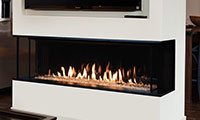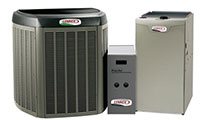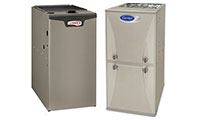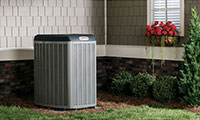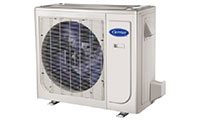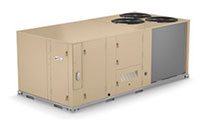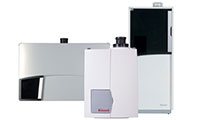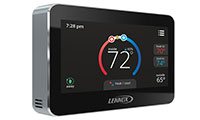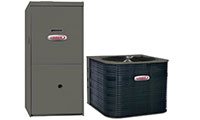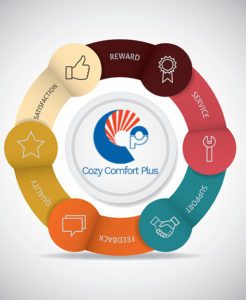The Top 12 Air Conditioner Myths Debunked
Ever since the air conditioner was first introduced in 1936, there have been different myths that have revolved around the very popular electrical appliance. In this article, we discuss the 12 most common misconceptions about air conditioners (AC).
Myth 1: We should not sleep with the air conditioner on
Many people believe that sleeping with the AC on causes various conditions, such as sore throat, knee pain, rhinitis, etc. In reality, the air quality is the cause of these infections and conditions, not an air conditioner.
Myth 2: Air conditioners cause colds
While it is true that sleeping with the AC on or staying in a cold room for too long does worsen the symptoms of the common cold, the infection itself is actually caused by bacteria. You cannot catch a cold from feeling cold in low temperatures!

Myth 3: We should not exercise in an air conditioned room
It is a popular air conditioning myth that exercising with the AC turned on does more damage than good. ACs are believed to cause respiratory health conditions such as asthma and trigger allergies. The truth is that these health issues are caused by the polluted air and other associated environmental factors.
It is perfectly acceptable to exercise with the AC on, as long as a comfortable temperature is maintained. Very low temperatures can cause cramps and muscle pulls, but this is very rare. Using an air conditioner while exercising is perfectly safe.
Myth 4: The fan costs less than the AC
Actually, the fan is an air circulating appliance, not an air cooling machine. This is why it takes us longer to bring our bodies back to their resting body temperature. Using a fan instead of an AC actually takes a longer time, consumes more energy and is more expensive. The AC, on the contrary, cools the room quicker. As far as the cost is concerned, the higher the temperature of the AC, the lower the energy consumed.
Experts recommend setting an AC between 24-26 degrees Celsius because they do not consume as much energy at these temperatures and help reduce electricity costs while still cooling the space.
Myth 5: The larger the AC, the better the cooling
As long as the AC unit is sized according to the interior space and installed correctly, the size will not make impact the cooling.
Myth 6: Setting the thermostat very low will cool the house faster
The thermostat or control system’s cooling speed is not affected by the temperature setting. Factors such as indoor temperature, house area and unit installation have a greater impact on cooling a space than temperature setting.
Myth 7: Only the cost of the AC should determine the purchasing decision
There are many factors that should be taken into consideration when purchasing an AC; the cost should be further down the list in comparison to the installation time, installation process and the labour required.
Myth 8: Switch off the central cooling system when leaving the house
Switching the system back on will take a longer time to restore the normal indoor temperatures; it will also consume more energy and elevate your utility bill. The humidity and air quality will suffer when the system is off and cost you even more when you turn it back on.
Myth 9: The thermostat’s location does not matter
In reality, it does. The system’s efficiency and performance are directly linked to where the thermostat is situated.
Myth 10: Closing your vents will save money
An accurately sized and installed cooling system will not be affected by the vents. However, closing off the vents in houses with poor sizing and installation can make temperatures fluctuate, and cost more money to restore the standard temperature.
Myth 11: You need a new refrigerant every year
As long as it is being charged properly and not being over or undercharged, the refrigerant does not need to be replaced each year.
Myth 12: The air filters do not need to be changed if the house is regularly vacuumed and dusted
Regular dusting and vacuuming unsettle dust particles; letting them free in the air causes the filters to get clogged. These blocked filters subsequently affect airflow, performance and efficiency of the ACs, which is why they need to be changed frequently.
Now that you know 12 things that are not true about air conditioners, you can buy a new AC without any worries!

